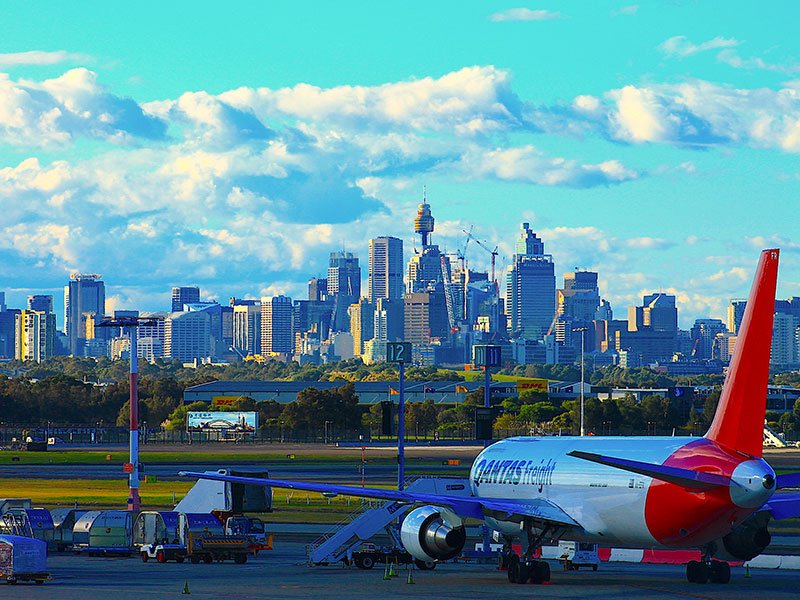New South Wales needs a more strategic and holistic approach to talent attraction, according to a new state productivity council report which warns that Sydney could slip further behind other top global destinations. It recommends better state government policy and coordination with federal counterparts as the post-pandemic battle for skills intensifies.
The Global Talent Wars report, from the independent New South Wales Innovation and Productivity Council, analysed other leading countries, regions and cities approach to attracting and retaining skilled workers as well as Australian graduates movements, and identified opportunities to improve locally.

It recommended a state government push be led by Investment NSW, better promotion of Sydney and NSW as a destination for global talent, and improved coordination with the federal government.
The NSW Government on Sunday welcomed the findings, saying it would work to attract overseas talent to support “unprecedented” research and development occurring in the state.
Historically, Australia has a good record of attracting migrants, receiving around three per cent of global migration flows despite representing only 0.3 per cent of the global population. It also scores well on attracting highly educated migrants.
But both Sydney and Melbourne fell significantly in the Global Cities Talent Competitiveness Index last year, dropping 11 to 29 and 21 to 28 respectively.
Australia’s economy, and NSW more specifically, also “does not have the market size or scale to support the same level of specialisation as much larger economies” such as global leader the US, meaning a more strategic approach is needed.
The Innovation and Productivity Commission report recommends the government “deliberately target people in the State’s most competitive industries, and where there are identified skill shortages”.
“Going after these specific skills, experience, and international connections will help our most promising industries grow.”
The first of three recommendations is to consolidate talent attraction activities within new agency Investment NSW after “underdeveloped” campaigns of the past have sat across various teams.
The agency should also develop a clearer picture of exactly what skills to target as part of key industry strategies , with Investment NSW to then deliver programs in key foreign markets to promote Sydney and New South Wales as a location for talent. Expatriates repatriates and alumni should also be leveraged to generate momentum, according to the recommendation.
Secondly, the government should learn from other countries’ successful programs to do a better job promoting Sydney and New South as a destination and supporting talent when it arrives, with a “one-stop-shop” of information available through the Global NSW website.
Finally, the report recommends better coordination with the Australian government on talent attraction because federal counterparts control so many of the policy levers. This would include representation on any cross-government taskforces addressing the issue, including the current Global Business and Talent Attraction Taskforce.
Science, Innovation and Technology Minister Alister Henskens said the government was committed to securing “human capital” for the state’s emerging industries, and efforts would “ramp up” following the report.
“There is unprecedented level of research and development being undertaken in NSW, which is unlocking enormous opportunities in industries like quantum computing, biomedical research and software engineering,” Mr Henskens said on Sunday.
“We need highly-skilled people with world-leading expertise to accelerate the growth of new and emerging industries, which will boost our economy and drive jobs for the people of NSW long into the future.”
Innovation and Productivity Council chair Neville Stevens said the report recognises the economic importance of globally competitive talent and that migrants are an important part of the mix.
“We need to ensure our policies and programs not only support the development of home-grown talent, but also attract and retain valuable international skills and experience as we compete with other countries,” Mr Stevens said.
Do you know more? Contact James Riley via Email.

